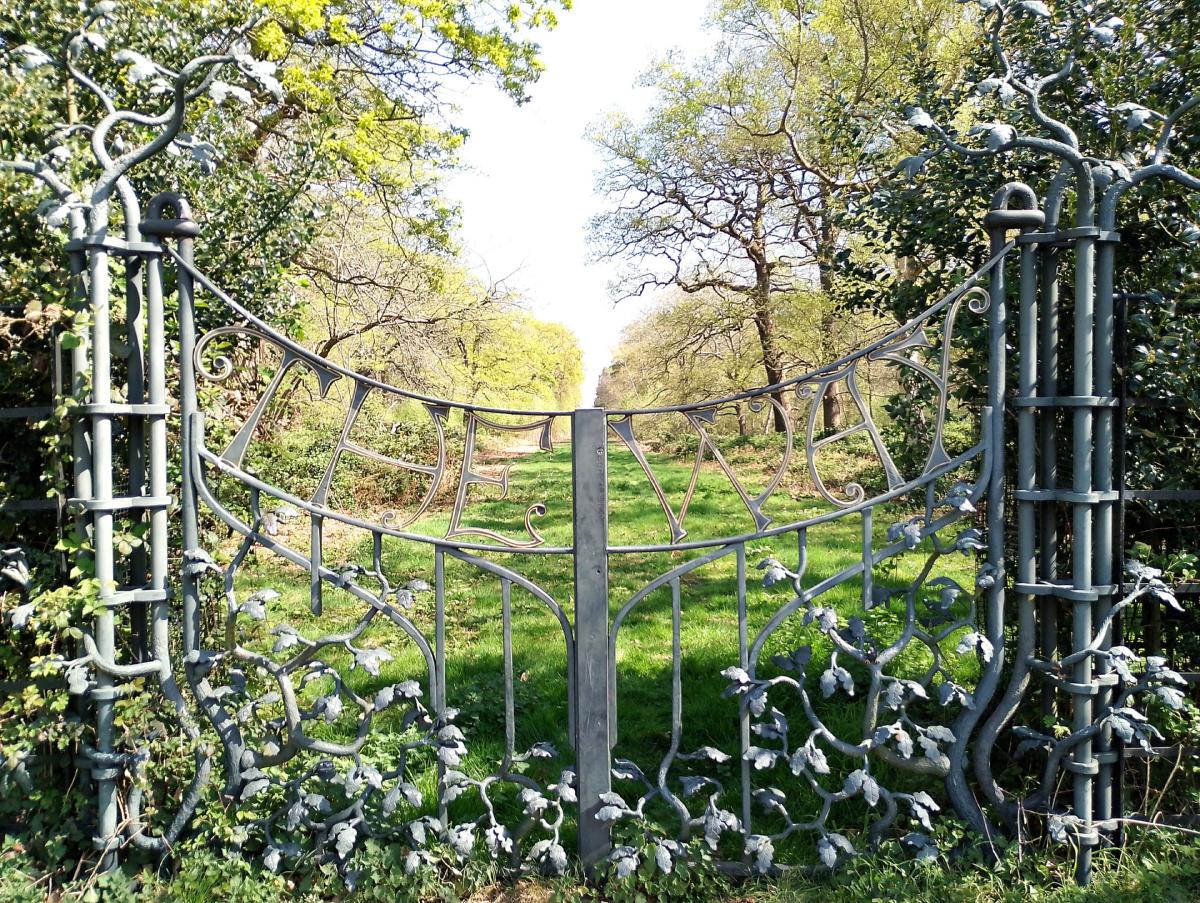Outdoors Therapy
Recognised by the World Economic Forum, spending time in natural surroundings, most specifically as experienced in the contemporary Japanese practice of forest-bathing (shinrin yoku) around trees, can bring about improved levels of health and well-being. Trees emit oils, known as phytoncides, to protect against germs and insects and these can have a helpful effect on our immune system. Scientific results have shown that periods of quiet contemplation immersed in a wood or forest can lower blood pressure, reduce stress hormones, reduce depression and boost our energy.
I spent some months living in the lush, dense, tropical natural environment of the Colombian cloud forest. Every hanging branch was a potential python, mosquitoes incessantly bit through my clothing, howler monkeys more than lived up to their name, furry tarantulas stealthily scuttled in and out of the wooden shacks we slept, and it rained and rained and rained. After a few weeks of stubborn but futile resistance, the only response was to let go and be with things as they were.
I started my therapy practice working in a small room above the vibrant atmosphere of Brick Lane in East London. Noticing a number of my clients were experiencing an ongoing conflict between how they wanted life to be against the reality of how things were, I wondered if being outside with the year-round unpredictable weather of London could offer a similar experience for my clients as I had encountered in Colombia.
Initially, I drew clients who appreciated both the freedom to move and to not have to look directly at me as we walked side by side. My experience since has been that clients are more willing to move, jump, shout, push, pull, and hug, as they express themselves outdoors. Paradoxically, there is something about being outside in a shared space in proximity to other people that allows clients to release their anger in outstretched elbow swings and to raise their voice with an ease that isn’t as readily available indoors.
Over the past decade, working outdoors has become my passion. I have held sessions in over 150 different outdoor locations within London. The sessions typically last for an hour, or for longer periods by negotiation, and can take place in the woods of Dulwich and Hampstead Heath, by the lakes in Regents Park and Battersea Park, in the local tree-filled parks of Victoria Park, Peckham Rye Park, Dulwich Park, Brockwell Park and Greenwich Park, the expansiveness of Richmond Park, and in more urban settings such as Burgess Park in Elephant and Castle.
The necessary boundaries of the counselling relationship remain including a mutually agreed focus for our work together and an agreement regarding confidentiality. Sessions can involve walking, sitting, lying, various mindfulness and meditative techniques and sensory awareness practices. There is no fitness requirement needed to benefit from outdoor counselling.
I spent some months living in the lush, dense, tropical natural environment of the Colombian cloud forest. Every hanging branch was a potential python, mosquitoes incessantly bit through my clothing, howler monkeys more than lived up to their name, furry tarantulas stealthily scuttled in and out of the wooden shacks we slept, and it rained and rained and rained. After a few weeks of stubborn but futile resistance, the only response was to let go and be with things as they were.
I started my therapy practice working in a small room above the vibrant atmosphere of Brick Lane in East London. Noticing a number of my clients were experiencing an ongoing conflict between how they wanted life to be against the reality of how things were, I wondered if being outside with the year-round unpredictable weather of London could offer a similar experience for my clients as I had encountered in Colombia.
Initially, I drew clients who appreciated both the freedom to move and to not have to look directly at me as we walked side by side. My experience since has been that clients are more willing to move, jump, shout, push, pull, and hug, as they express themselves outdoors. Paradoxically, there is something about being outside in a shared space in proximity to other people that allows clients to release their anger in outstretched elbow swings and to raise their voice with an ease that isn’t as readily available indoors.
Over the past decade, working outdoors has become my passion. I have held sessions in over 150 different outdoor locations within London. The sessions typically last for an hour, or for longer periods by negotiation, and can take place in the woods of Dulwich and Hampstead Heath, by the lakes in Regents Park and Battersea Park, in the local tree-filled parks of Victoria Park, Peckham Rye Park, Dulwich Park, Brockwell Park and Greenwich Park, the expansiveness of Richmond Park, and in more urban settings such as Burgess Park in Elephant and Castle.
The necessary boundaries of the counselling relationship remain including a mutually agreed focus for our work together and an agreement regarding confidentiality. Sessions can involve walking, sitting, lying, various mindfulness and meditative techniques and sensory awareness practices. There is no fitness requirement needed to benefit from outdoor counselling.
